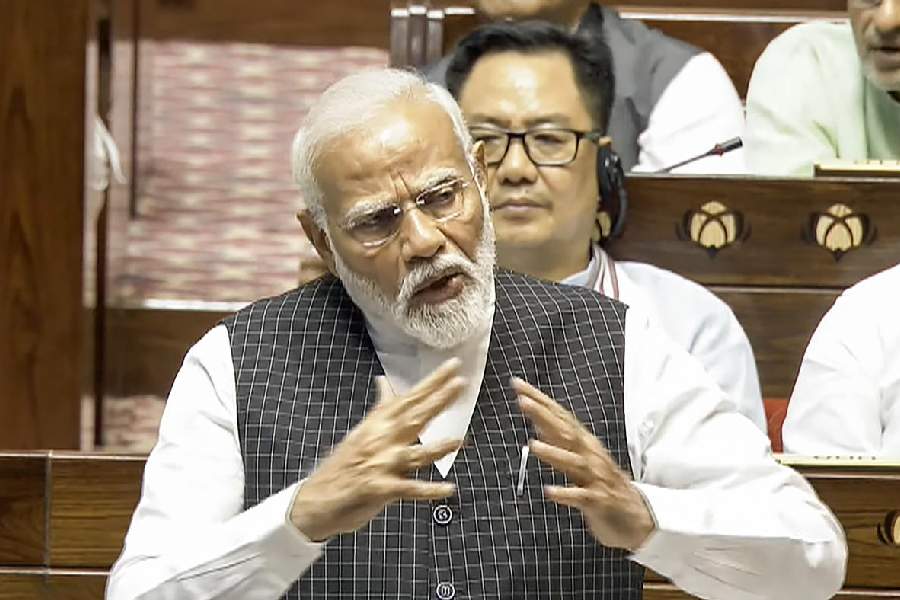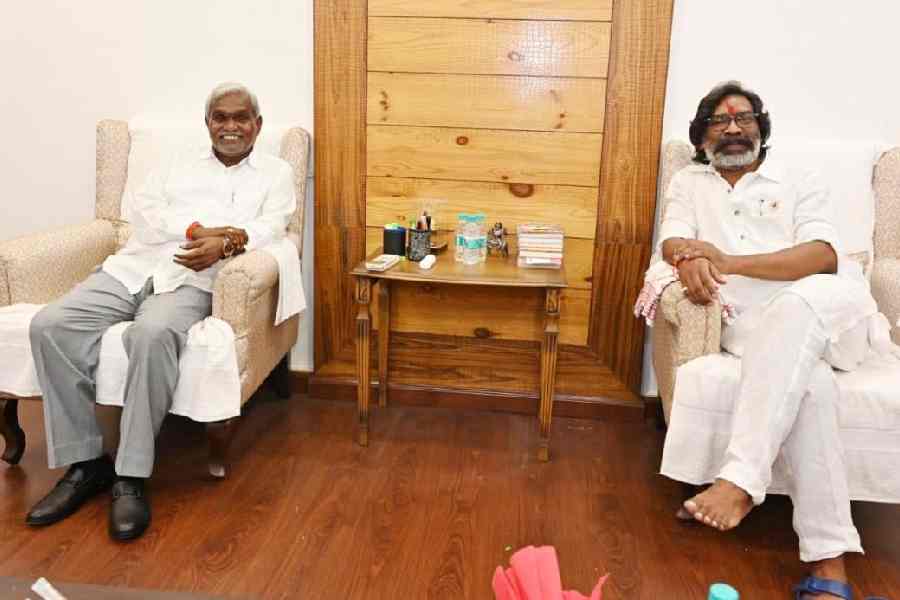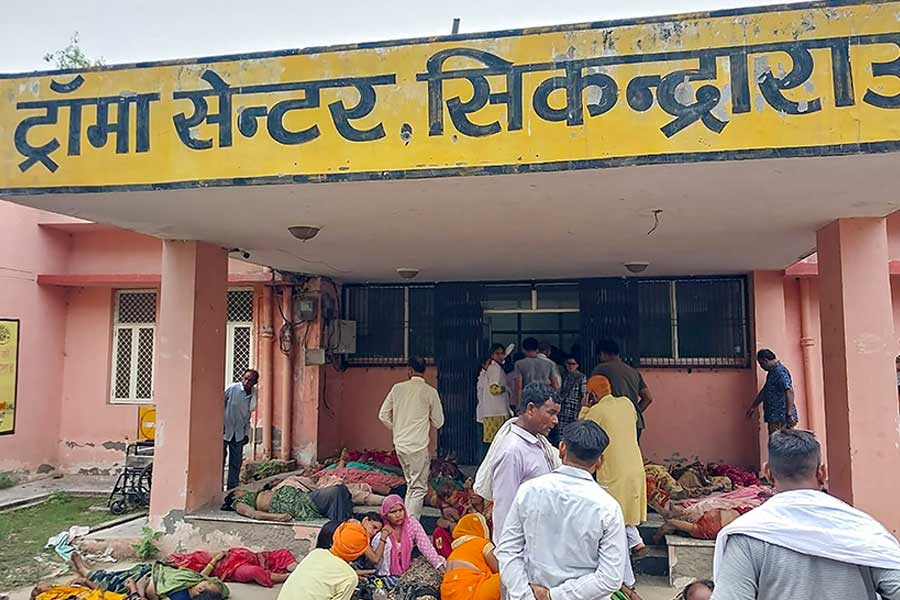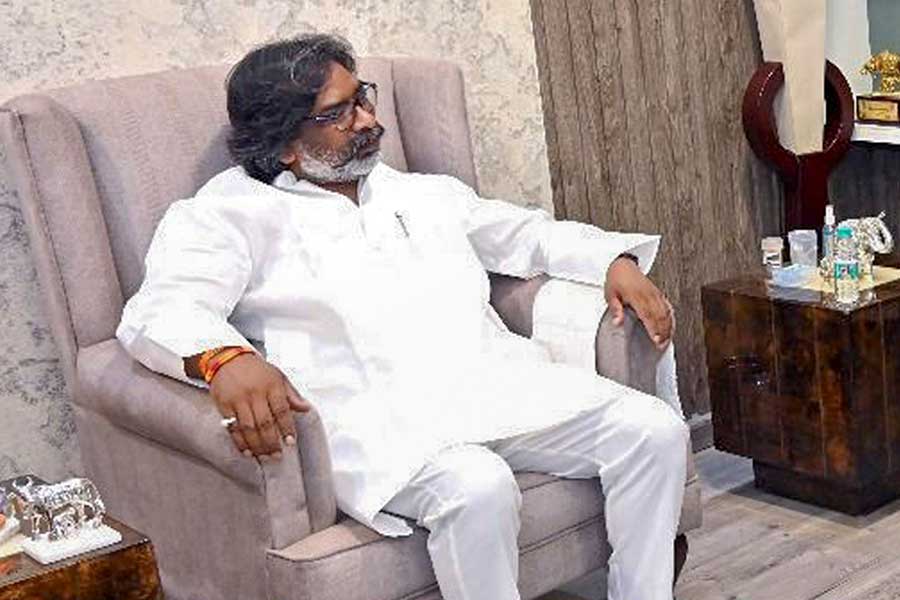Noted Supreme Court lawyer Indira Jaisingh on Sunday night said India would wake up to a ‘police raj’ at the stroke of midnight, her social media post coming six minutes before the three new criminal laws passed by the Narendra Modi government in its last term came into effect.
“I am reminded of Pandit Nehru ‘s speech “ At the stroke of midnight India will awake to freedom” . At the stroke of midnight night 1st July 2024 India will awake to police raj,” she wrote on X (formerly Twitter).
She had earlier appealed to the government to stop the new laws, which she has said will create two parallel justice systems for at least decades. Many legal activists have claimed the new laws have provisions that can be used to criminalise dissent.
The government has maintained that the new laws will make the crminal justice system more efficient and rid it of its ‘colonial hangover’.
First FIR under new laws
Early on Monday morning, Delhi police reportedly filed an FIR against a street vendor in Delhi for obstructing a foot overbridge at the New Delhi railway station, becoming the first person ton be booked under Section 173 of the Bharatiya Nagarik Suraksha Sanhita and section 285 of the Bharatiya Nyaya Sanhita.
The FIR was registered at the Kamla Market police station.
The Bharatiya Nyaya Sanhita 2023, Bharatiya Nagarik Suraksha Sanhita 2023 and Bharatiya Sakshya Adhiniyam 2023, that come into effect from Monday, replace the British-era Indian Penal Code, Code of Criminal Procedure and the Indian Evidence Act, respectively – the framework of law enforcement, investigation and justice in the country for more than seven decades since Independence.
The street vendor in Delhi who sold tobacco products and water for a living was told to remove his cart and reportedly on refusal was slapped with the FIR.
Section 285 of the Bharatiya Nyay Sanhita refers to danger or obstruction in public way or line of navigation and says, “Whoever, by doing any act, or by omitting to take order with any property in his possession of under his charge, causes danger, obstruction or injury to any person in any public way or public line of navigation, shall be punished with fine which may extend to five thousand rupees”.
Section 173 of the Bharatiya Nagarik Surkasha Sanshita empowers the cops to file FIRs irrespective of jurisdiction. The clause 1 of section 173 of the BNSS says an FIR can be registered at any police station irrespective of the area where the offence is committed.
Jaising was not the only legal luminary to call out what they said was a police raj.
Before her, Supreme Court lawyer Sanjay Hegde wrote on X: “In an hour and a half from now the IP, Evidence Act and CrPC will come to an end. The Sanhitas that will replace them are like an incomplete temple, with leaks everywhere. Everything Ram Bharose. It is anti-national to ask any questions. Police raj institutionalized.”
Chidambaram slams new laws
On Monday morning, In a long post on X, former Union home minister P Chidambaram described the three new laws as a “cut, copy and paste job”.
“The three criminal laws to replace the IPC, CrPC, and Indian Evidence Act come into force today 90-99 per cent of the so-called new laws are a cut, copy and paste job. A task that could have been completed with a few amendments to the existing three laws have been turned into a wasteful exercise,” wrote Chidambaram.
“Yes there are a few improvements in the new laws and we have welcomed them. They could have been introduced as Amendments. On the other hand there are several retrograde provisions.”
Chidambaram wrote: “Some changes are prima facie unconstitutional. MPs who were members of the standing committee have poured over the provisions and written detailed dissent notes to the three Bills the government did not rebut or answer any of the criticisms in the dissent notes. There was no worthwhile debate in Parliament.”
He said the Union government had bulldozed the new laws in without adequate discussion and debate.
“The initial impact will be to throw the administration of criminal justice into disarray in the medium term, numerous challenges to the laws will be instituted in various Courts in the long term, further changes must be made to the three laws to bring them in conformity with the Constitution and the modern principles of criminal jurisprudence,” wrote Chidambaram.
Mamata, Stalin warning
The Opposition has been pointing out that the new laws were passed by Parliament amid protests over the suspension of 146 lawmakers from the Opposition.
Before the new laws came into effect, Bengal chief minister Mamata Banerjee and her Tamil Nadu counterpart MK Stalin had written to the Centre, urging it to reconsider the rollout of the new laws.
Law and order is a state subject, they had pointed out.











